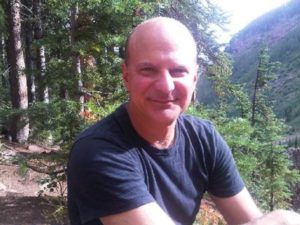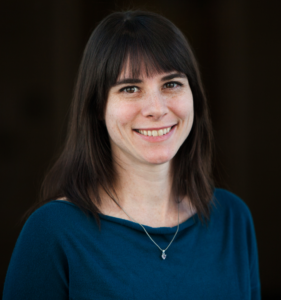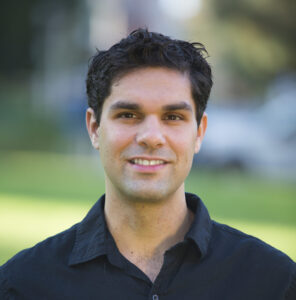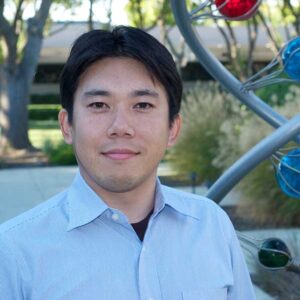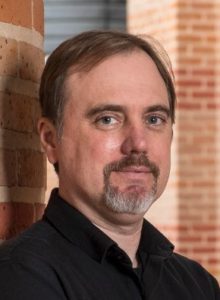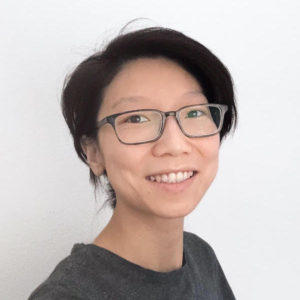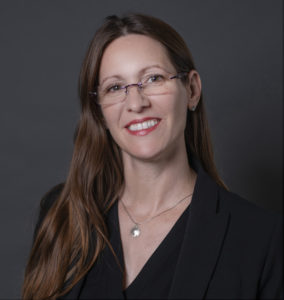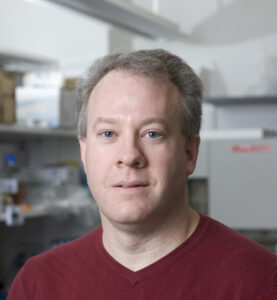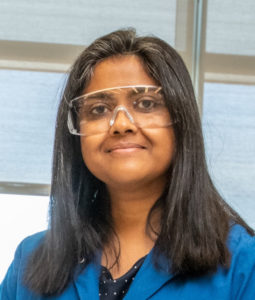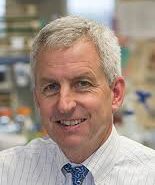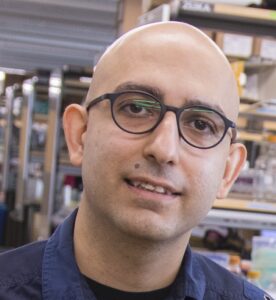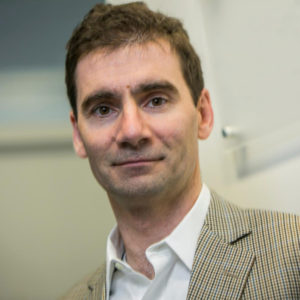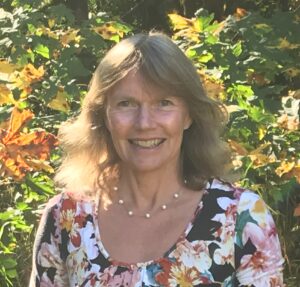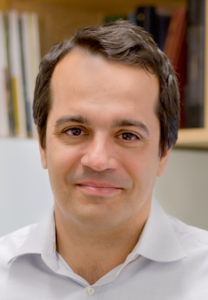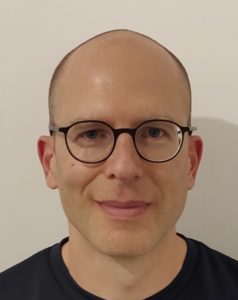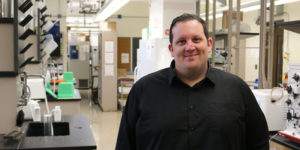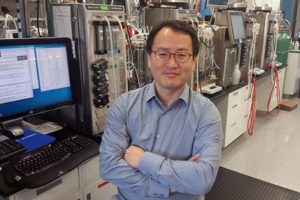India Hook-Barnard
Dr. India Hook-Barnard is Chief Executive Officer of the Engineering Biology Research Consortium (EBRC). Her primary interests are in the areas of synthetic biology, precision medicine, responsible innovation, and biosecurity. India enjoys building multidisciplinary collaborations and developing a vision and strategy to address complex challenges. She works with experts and leaders from across academia, industry, and government sectors to identify and shape scientific opportunities, technical feasibility, and policy issues. Her goal is to advance and accelerate engineering biology solutions across all application areas, drive innovation, and grow the bioeconomy for all.
Prior to joining EBRC, India was Senior Advisor to the Beyond 2020: A Vision and Pathway for NIH Working Group, and Senior Vice President for Patient Outcomes and Experience at the National Marrow Donor Program. She was the Director of Research Strategy and Associate Director, Precision Medicine at the University of California, San Francisco; she helped launch and was the Executive Director for the California Initiative to Advance Precision Medicine. Earlier in her career, India worked at the National Academies of Sciences, Engineering, and Medicine (NASEM), focusing on areas of emerging science and technology, including policy issues of data governance, regulation, bioethics, biodefense, and workforce development. At NASEM, she directed standing committees, workshops, and six consensus reports, including Toward Precision Medicine: Building a Knowledge Network for Biomedical Research and a New Taxonomy of Disease (2011).
As a postdoctoral research fellow at the National Institutes of Health, India studied the regulation of gene expression in bacteria and phage. She earned her PhD in Microbiology-Medicine from the Department of Molecular Microbiology and Immunology at the University of Missouri.


